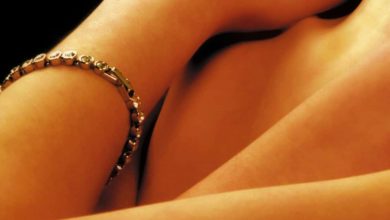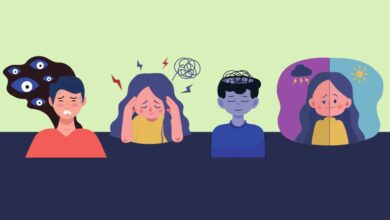Studying for USMLE Step 1 is stressful. It feels like the most important test of your life. But it doesn’t have to be as painful as you think it may be. Remember that every doctor that you know has taken the exam and has survived it; most likely you will too. If you want your studying experience to be as painless and fruitful as possible, adhere to the following guiding principles.
Avoid Burnout
Studying for step 1 is very much like running a marathon – you have to pace yourself. As you study, most likely, you will constantly feel like you are behind. The temptation will be to try to study more than you can handle in order to “catch up”. This will make you feel like you have to sacrifice things like working out, relaxing, watching TV shows, eating healthy, etc. When this temptation comes, you must run from it. You need to take care of your emotional and mental health when studying for step 1. If working out is your way of relieving stress, you cannot give it up just for an extra hour of studying. Avoid studying more than 10 hours a day because those 11th and 12th hour are most likely not going to be fruitful. Rather spend time recharging and reminding yourself that your life is bigger than your test.
Don’t Be Afraid to Ask for Help
Many students will study alone for Step 1 and that’s OK. However, the problem with studying alone is that you don’t have anyone to catch your mistakes and help you fix them. One of the best ways to study is to study independently while in the same room as your friends. If you do that, you can ask each other questions or teach each other concepts when you’re having a difficult understanding something. Your friends will also encourage and motivate you when you feel like giving up. Obviously it can be stressful to study with other people because they might make you anxious but many times, the trade-off of having someone else there to help you is greater. Going over NBME practice tests in a group is one of the best times to study as a group because these practice tests do not have explanations of the answer choices and do not even give you the correct answer. If you group study after taking the same NBME, you can help each other with the questions because most likely you will have gotten different questions wrong.
Absorb Information in Multiple Ways
There are so many different resources for step 1 studying. One of the greatest dangers is to use too many resources because that will make you go crazy. Don’t worry if someone else is using Firecracker and you’re not. Don’t worry if someone else is using Doctors in Training and you’re not. There are tried and true study material such as Pathoma, First Aid, USMLE World, and Sketchy Micro. If you’re using those, you will probably be fine. With that being said, you must use different resources to absorb information in multiple ways. Videos help with auditory and visual learning. Practice questions are good for learning from your mistakes. First Aid is a great reference to turn to. You will remember concepts best if you cover the same topic over and over again in multiple ways.
Never Forget What You Learned
This sounds crazy because you will absolutely forget things that you’ve learned. However, one of the best ways to never forget what you learned is by making flash cards for practice questions that you got wrong. Flash card apps like Anki are designed to help you see the same flash card again and again until you have memorized it. If you got a question wrong because you did not understand a certain concept, make a flashcard or a set of flashcards that will help you remember and understand this concept in the future. Sometimes the best way to use a flash card is to screen shot a table from First Aid, paste it onto a flashcard, blot out of the text, and memorize. After a few days or weeks, you will see those specific flashcards in your deck, reinforcing what you learned. The purpose of flash card apps like Anki is to help you see the same material over and over again until you finally remember it semi-permanently.
USMLE Step 1 is a tough test but it is manageable. Use these principles to minimize stress and do the best you possibly can.
What USMLE Score Do I Need on Step 1 To Be Competitive?
Use the USMLE Step 1 Score Estimator below to help you determine what score you need to match into the residency of your choice.



